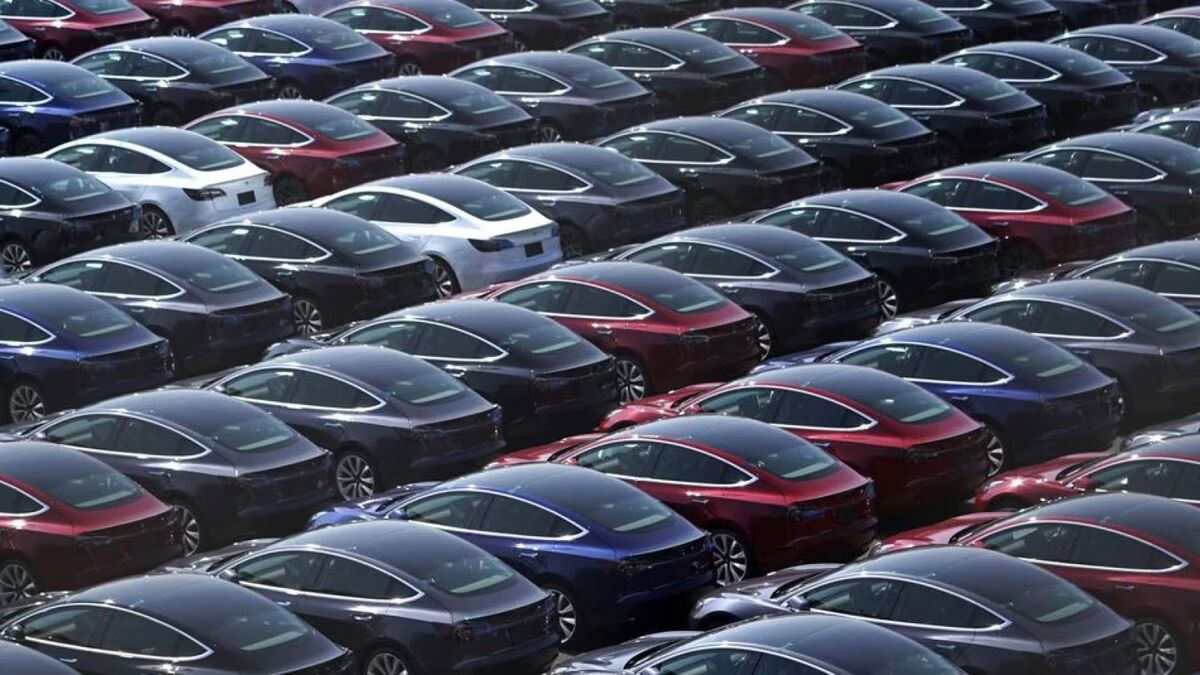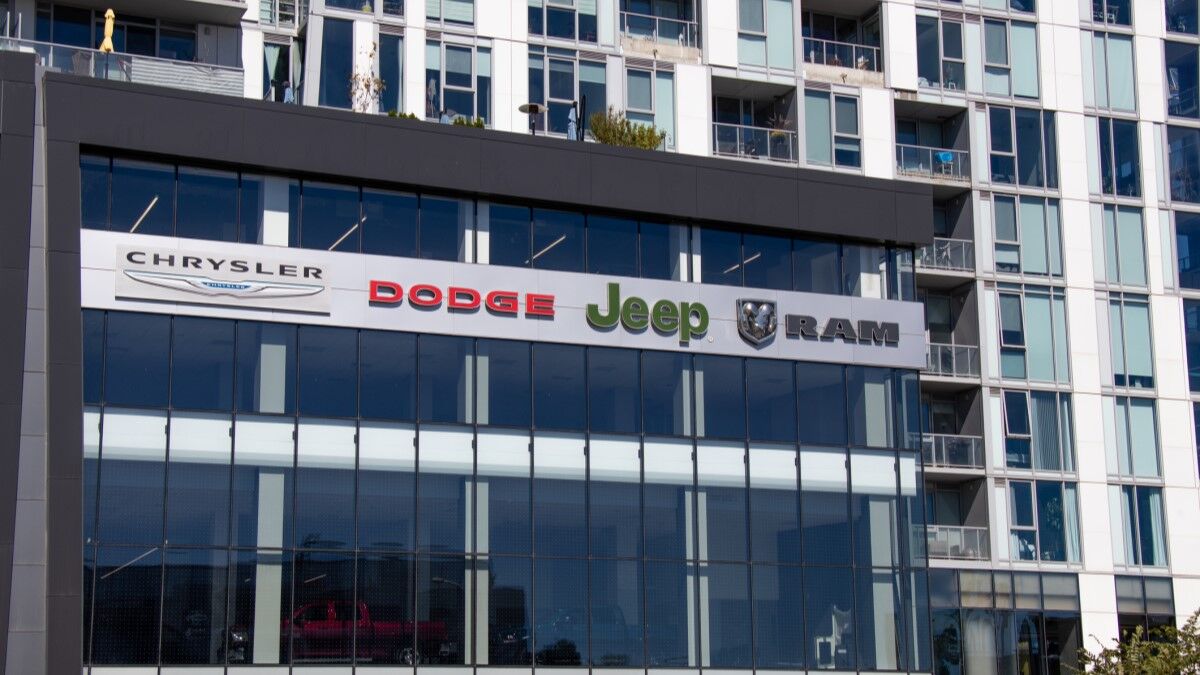Car News

Wholesale Used Car Prices Inch Up
The wholesale prices dealers pay for used cars ticked up early in December. Retail prices are likely to follow in late January.

Car Thefts Fell in Early 2025
Car theft fell 23% in the first six months of 2025, with four Hyundai and Kia models remaining among the most-stolen cars.

Tesla May Lose Right to Sell Cars in California for 30 Days
The California DMV announced this week that it will suspend Tesla’s license to sell cars for 30 days because of misleading marketing.

Mopar Wants to Put an Ugly Christmas Sweater on Your Jeep
Mopar and Mek Magnet are selling specialized Trail Armor decorations that wrap your Jeep in an ugly holiday sweater design.

EVs Made up Just 5.4% of New Car Sales in November
Just 5.4% of the cars Americans bought in November were electric, down from 11.6% in September, according to Cox Automotive.

Hyundai, Kia Will Retrofit 4 Million Cars to Combat Thefts
Kia and Hyundai will install armored ignition cylinders in 4 million older cars and reimburse some owners for damages in attempted thefts.

Nissan, Infiniti Launch Car Audio Tuned to Your Ears
Nissan's new sound system lets drivers take a hearing test, then configure the audio to their specific preferences.

2026 Honda Pilot Price Rises $1,995, Gets More Standard Gear
The refreshed 2026 Honda Pilot 3-row SUV costs $43,690, which is $1,995 more than the outgoing model.

It Grew Easier to Afford a New Car in November
New cars became more affordable for the average buyer in November after three straight months of worsening conditions.

2026 Nissan Altima Starts at $28,825
The Nissan Altima will return for 2026, but with only two trim levels – a sign that its days may be numbered.

Ford Cancels Electric F-150 Lightning, Plans EREV Instead
Ford has ended production of its F-150 Lightning electric truck, and plans to replace it with an extended-range model.

Report: Stellantis Considering Closing Some Brands
A new report says Stellantis has launched an "emergency room" to reconsider its business, and may shutter some brands.

Average Used Car Price Drops
The average used car was listed for $25,730 at the start of December – down from $25,947 the month before.

Jeep Salutes History With Wrangler Whitecap
The 2026 Jeep Wrangler Whitecap pays homage to Korean War-era Jeeps with a Bright White hardtop and details.